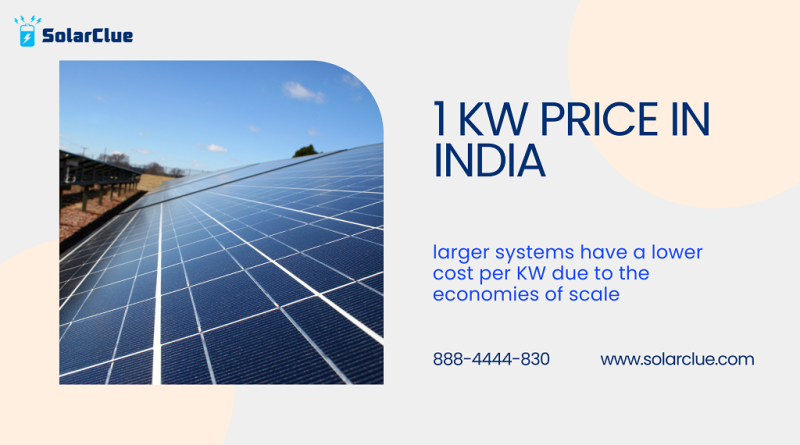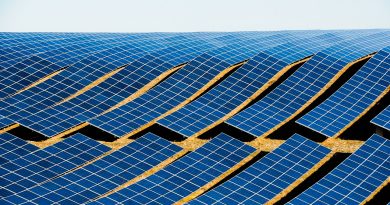1 Kw Price In India
India, with its rapidly growing economy, is increasingly turning to renewable energy sources to meet its power demand. At the center of this energy evolution is solar power, highly favored due to its vast potentials and declining prices. One key element in understanding the solar power landscape in India, or anywhere for that matter, is the cost per kilowatt (KW). This comprehensive breakdown will evaluate the current 1 KW price in India and examine the variables influencing these costs.
Table of Contents
Understanding the Cost Per KW in India
A fundamental parameter used to measure the cost of electricity generated from solar energy is the price per kilowatt (KW). The KW, in this case, refers to the unit of electric power a solar system can produce at peak production. The price per KW is the amount it costs to generate this amount of energy. In India, the cost incurred to set up a solar power project is estimated based on Rs per KW. Assessing this unit price provides essential insights into the overall cost and prospective returns of the venture.
The Average Cost of 1 KW in India
As of 2021, the estimate per kilowatt installation for solar rooftop systems in India ranges from Rs 70,000 to Rs 1,00,000. This estimate includes the cost of solar panels, inverters, mounting structures, balance of systems, and installation charges. In recent years, due to technological improvements and policy support, solar power prices have experienced a significant decrease. Notably, these costs fluctuate depending on factors such as location, the scale of the system, and the choice of equipment.
Factors Influencing Solar Power Cost in India
The cost of 1KW in India doesn’t rest only on the cost of the physical solar panels, there are several other factors to consider as well. One such is the location where the installation is to take place. The geographical location greatly influences the production of solar power. It is quite understandable that areas with higher solar insolation would generate power more efficiently, thereby influencing the cost per KW.
Moreover, the scale of the system also impacts the cost. Typically, larger systems have a lower cost per KW due to the economies of scale. The choice of equipment, such as panels and inverters, also affects the overall cost. High-efficiency products, while having higher initial costs, tend to generate more power and can bring overall lifetime costs down. Furthermore, the cost of installation and maintenance can significantly influence the total price. Fees by certified installers and regular servicing to ensure efficient running of the system are critical to the overall cost scaling.
Government Initiatives and Impact
The Indian government has recognized the immense potential of solar energy adoption and the various benefits it offers. Hence, several subsidies and incentive schemes are in place to encourage the adoption of solar power and reduce the cost per KW for end consumers. The Central Government, through the Ministry of New and Renewable Energy (MNRE), provides subsidies up to 30% on the installation of residential and non-profit solar systems. These initiatives, coupled with increasing awareness and falling prices, are promoting solar uptake across the country.
Conclusion
Understanding the 1 KW price in India is crucial with the increasing adoption of solar power all over the country. The cost, however, ranges depending upon various facets – from geographical location and system size to equipment choice and installation costs. With government initiatives fueling its adoption and technological advancements ushering in reduced costs, solar power is on the road to becoming a mainstay in the India’s power landscape. The journey to a sustainable future looks more reassuring when bolstered by solar power, as it is a clean and inexhaustible source of energy, apt for the world’s third largest emitter of greenhouse gases.




